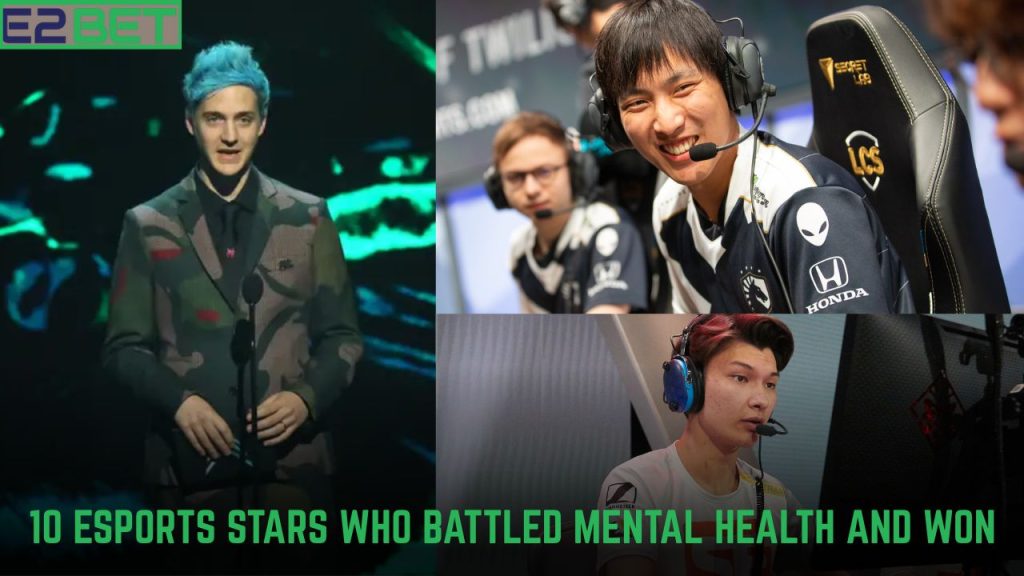Behind every trophy, every clutch moment, and every million-dollar prize pool lies an untold battle—one that many esports professionals fight in silence. Mental health in esports is a growing concern, as players face relentless pressure, online scrutiny, and burnout from intense schedules. Yet, some have stood tall, spoken out, and become symbols of resilience. These are the esports stars who battled mental health and won, proving that strength isn’t just about reaction time—it’s also about the courage to heal.
Table of Contents
1. Tyler “Ninja” Blevins – The Face of Streaming Burnout
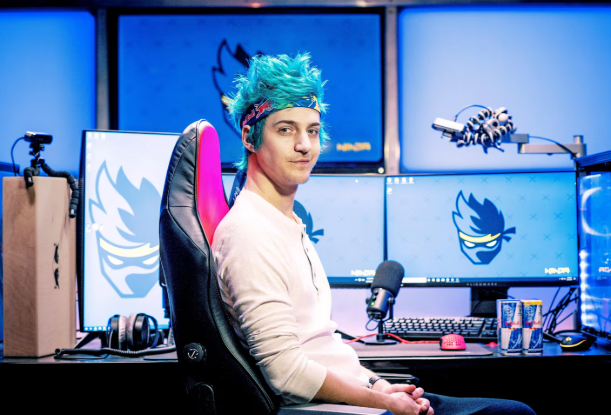
- Game: Fortnite
- Struggles: Burnout, anxiety, overexposure
Ninja’s journey from a competitive Halo player to one of the most recognized Esports Stars in the world was nothing short of revolutionary. At the height of the Fortnite phenomenon, Ninja was pulling in tens of thousands of viewers per stream, collaborating with global celebrities like Drake, and securing sponsorship deals with major brands. Yet behind the rapid rise and multi-million dollar deals was a grueling schedule — often streaming up to 12 hours a day while juggling interviews, tournaments, brand obligations, and an ever-growing online audience.
By 2019, the toll began to show. Ninja openly admitted that he had lost his passion for gaming, describing how the constant demand to entertain, stay ahead of trends, and keep his stats up became emotionally exhausting. The burnout was compounded by the pressure of staying “relevant” in an industry that moves at lightning speed.
Recognizing the danger of pushing too hard, Ninja made the bold choice to step back — not to quit, but to reset. He began taking intentional breaks from streaming, engaging in wellness routines, and using his massive platform to advocate for mental health in the gaming community. He reminded fellow creators and fans that even the biggest Esports Stars need rest, saying, “Taking care of yourself should never feel like failure.” Ninja’s evolution from relentless streamer to mindful ambassador proved that real success includes sustainability — and that prioritizing mental well-being is a win in itself.
2. Yiliang “Doublelift” Peng – Grieving in the Spotlight
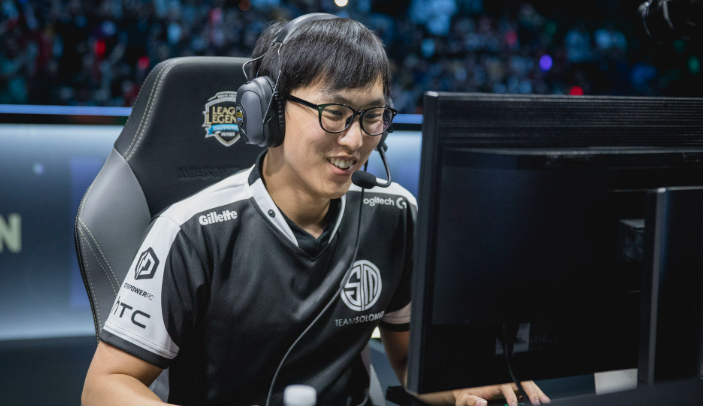
- Game: League of Legends
- Struggles: Family tragedy, depression, competitive anxiety
As one of the most accomplished Esports Stars in League of Legends history, Doublelift’s reputation was built on bold plays and fearless confidence. But in 2018, his world was shattered when his brother was involved in a tragic incident that took the life of their mother and injured their father. The emotional toll was immense.
Remarkably, Doublelift returned to compete just days later, saying he wanted to “honor her” with his performance. That moment turned him from just a champion into a symbol of strength. Over time, he opened up about his mental health journey, discussing therapy and the importance of emotional support. By speaking out, he encouraged the esports community to value healing as much as competition — proving that even the toughest Esports Stars need space to grieve and grow.
3. Jay “sinatraa” Won – A Fighter Amidst Fallout
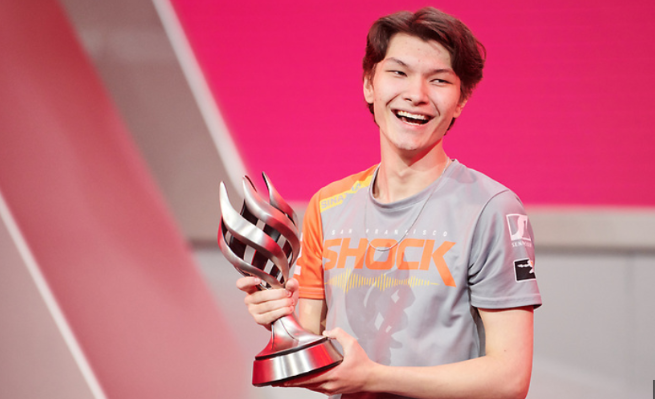
- Game: Overwatch / Valorant
- Struggles: Public controversy, isolation, identity crisis
Once hailed as an Overwatch League MVP and one of the most promising Esports Stars of his generation, Jay “Sinatraa” Won’s rise came to an abrupt halt amid serious personal allegations. The fallout was swift—he stepped away from professional competition as investigations unfolded, and the spotlight that once celebrated him turned into overwhelming scrutiny.
During that time, Sinatraa admitted to feeling lost, emotionally drained, and without direction. The pressures of fame, controversy, and isolation pushed him into a deep mental struggle where motivation was scarce and self-worth came into question.
But instead of disappearing entirely, Sinatraa took slow, deliberate steps to regain control of his life. He focused on personal growth, physical training, and rebuilding his connection with fans—not for fame, but for clarity. His return wasn’t marked by headlines, but by humility. Sinatraa’s story remains a complex but honest reminder that Esports Stars, like anyone, are human — and recovery begins when one chooses to face themselves first.
4. Bae “Bang” Jun-sik – When Championships Aren’t Enough
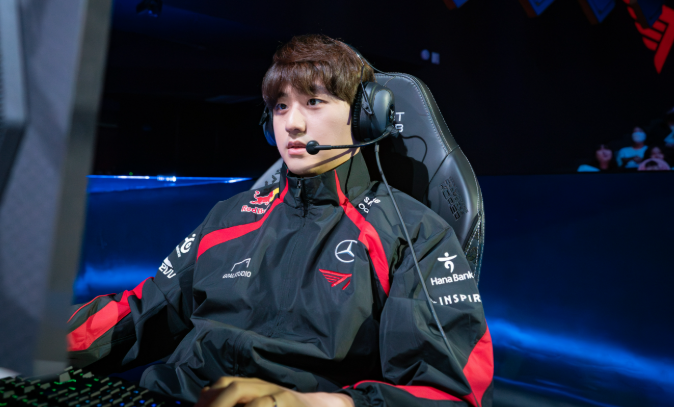
- Game: League of Legends
- Struggles: Depression, loneliness, cultural dislocation
Bang, a two-time World Champion with SK Telecom T1, was once at the pinnacle of the League of Legends world. As one of Korea’s most decorated Esports Stars, his move to North America was seen as a bold new chapter. But behind the scenes, it was the beginning of an emotional struggle.
The language barrier, cultural disconnect, and distance from home took a toll. Despite flashes of brilliance on stage, Bang later admitted that he battled depression throughout his time in North America. The pressure to perform while feeling emotionally adrift left him drained and unmotivated.
Eventually, Bang stepped away from the competitive spotlight, prioritizing his well-being. Returning to Korea and embracing therapy helped him rediscover his love for the game and, more importantly, for himself. His honesty has since become a guiding light for other international Esports Stars, reminding them that it’s okay to step back, heal, and find peace beyond the stage.
5. Maria “Remilia” Creveling – A Brave Trailblazer
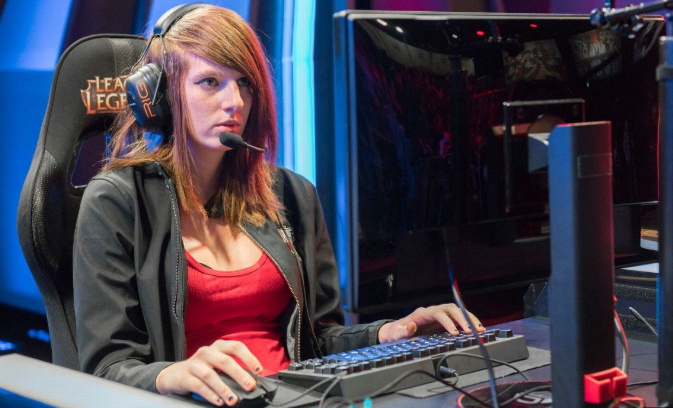
- Game: League of Legends
- Struggles: Gender dysphoria, online harassment, social anxiety
Maria “Remilia” Creveling made history in 2015 as the first woman and transgender player to compete in the NA LCS. Her debut marked a milestone not just for League of Legends, but for all of esports. Among Esports Stars, she stood out—not only for her talent, but for her bravery in challenging a male-dominated space.
However, the weight of representation came with an unbearable cost. Remilia faced relentless harassment, invasive criticism, and public scrutiny that amplified her struggles with anxiety and gender dysphoria. Despite her mechanical brilliance and high-level play, the environment proved too toxic to endure. Shortly after her debut, she made the heartbreaking decision to step back—for her mental and emotional well-being.
Remilia passed away in 2019, leaving behind a legacy far greater than stats or wins. Her story is one of triumph, vulnerability, and sacrifice. Today, she’s remembered as a symbol of courage and a call to action — for inclusivity, empathy, and better mental health support across the esports world. Among the countless Esports Stars who have graced the scene, Remilia’s light continues to guide others toward a more compassionate future.
6. Mike “shroud” Grzesiek – A Peaceful Pivot
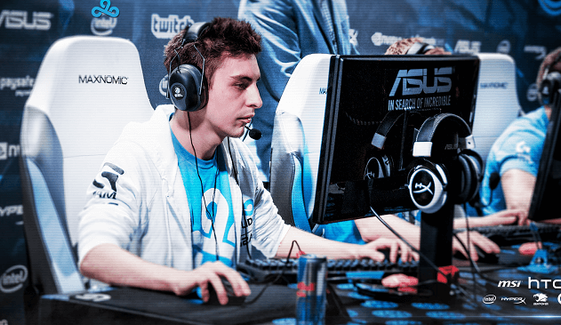
- Game: CS:GO / Valorant / Streaming
- Struggles: Performance anxiety, creative burnout
Known for his godlike aim and calm under pressure, Shroud was one of the most consistent Esports Stars in CS:GO history. But even with his success, the stress of the professional circuit wore him down. The travel, scrims, and constant need to perform turned his passion into pressure.
At his peak, Shroud made the bold decision to step away from competitive CS:GO. Many were surprised, but he was clear—it wasn’t about giving up; it was about preserving happiness. Transitioning into full-time streaming gave him the freedom to enjoy games again without the emotional toll. “I’m happier now,” he shared with his fans, embracing a lifestyle that prioritized balance.
Later, he dipped into competitive Valorant, but this time on his own terms—free from burnout. Shroud’s journey is a powerful reminder that even the most celebrated Esports Stars can redefine success. For him, peace of mind became the true victory.
7. Jian “Uzi” Zihao – When Health Says No
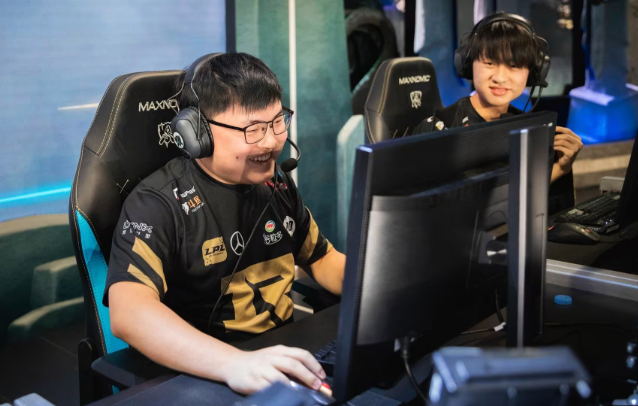
- Game: League of Legends
- Struggles: Depression, diabetes, stress-related illness
Uzi was more than just a player—he was a phenomenon. As China’s most celebrated ADC and one of the greatest Esports Stars of all time, his relentless drive and laser-focused mechanics inspired a generation. But behind the accolades and roaring crowds was a young man breaking down, quietly and painfully.
Years of non-stop training, poor sleep, and overwhelming pressure eventually took their toll. At just 23, Uzi was diagnosed with type-2 diabetes, and admitted to battling severe anxiety and depression. In 2020, he made the heartbreaking decision to retire—shocking fans across the globe.
But Uzi didn’t disappear. Instead, he used his platform to shed light on the hidden costs of competitive gaming. His honesty changed the landscape of Chinese esports. Teams began hiring mental health professionals, rethinking schedules, and prioritizing wellness. Uzi’s message was clear: “Play smart, not just hard.”
His story isn’t just one of early retirement—it’s one of leadership through vulnerability. Among Esports Stars, Uzi’s legacy extends far beyond the Rift. He reminded the world that greatness isn’t just about winning—it’s about knowing when to protect yourself, too.
8. Danny “iDom” Caputo – Introvert in the Spotlight
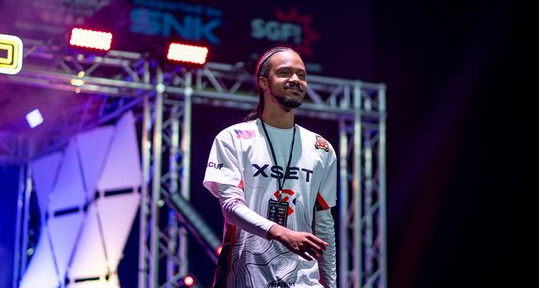
- Game: Street Fighter
- Struggles: Social anxiety, communication fatigue
In the roaring, personality-driven world of fighting games, iDom stood out—not for his voice, but for his silence. Rising to prominence with sheer skill in Street Fighter V, iDom defied the norm among Esports Stars by staying true to his quiet, introverted nature.
While others thrived on trash talk, interviews, and crowd energy, iDom struggled with the social expectations of being a champion. Media appearances, international travel, and fan interaction often drained him more than any tournament ever could.
But instead of forcing himself into a persona that didn’t fit, iDom embraced who he was. He built a circle of support, learned to take mental breaks, and drew firm boundaries around his energy. His team respected his needs—and the results followed. He didn’t need to shout to win. He let his gameplay speak for him.
iDom’s journey sends a powerful message: not all Esports Stars need to be entertainers. Authenticity can be as powerful as any combo string. In a world that rewards noise, iDom proved that quiet determination could still echo the loudest.
9. Sasha “Scarlett” Hostyn – Strength in Inclusion
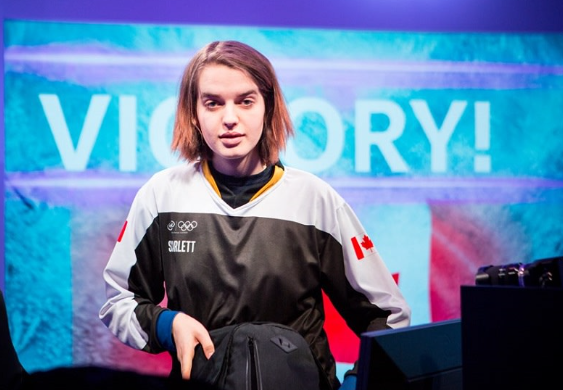
- Game: StarCraft II
- Struggles: Harassment, loneliness, mental fatigue
Among the many celebrated Esports Stars, few have faced the kind of battlefield Scarlett has—both in-game and in life. As one of the first women and transgender players to reach elite status in the real-time strategy (RTS) scene, Scarlett didn’t just fight Zergs—she battled stereotypes, harassment, and invisibility in a male-dominated space.
The pressures she faced weren’t limited to APM or tournament brackets. They came in the form of online abuse, sexist trolling, and constant scrutiny over her identity. Many would’ve walked away—but Scarlett stayed. She adapted, choosing events that aligned with her energy, building a support system, and making mental health part of her playbook.
Through her persistence, Scarlett proved that success in esports isn’t just about fast reflexes—it’s about inner strength. She’s still competing today, not just as a player, but as a symbol of what it means to endure. Among Esports Stars, she stands tall—not just for what she’s won, but for what she’s overcome.
10. Kyle “Bugha” Giersdorf – A Teen Facing Global Fame
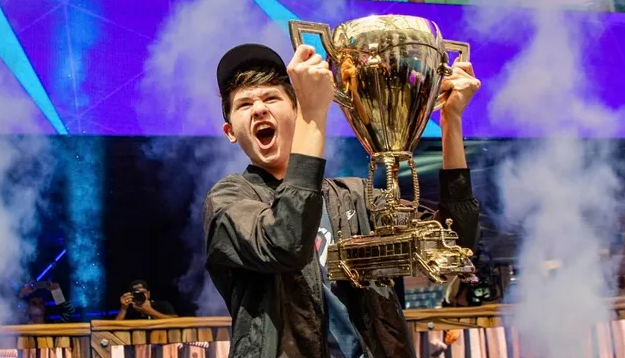
- Game: Fortnite
- Struggles: Sudden fame, pressure, social stress
When Kyle “Bugha” Giersdorf became Fortnite World Champion at just 16 years old—earning $3 million in the process—he was instantly vaulted into global fame. But the spotlight that shines bright also burns hot. Among the youngest Esports Stars, Bugha quickly found himself overwhelmed by media attention, brand obligations, and the relentless expectations of fans.
Behind the scenes, the stress took a toll. The pressure to always perform, always stream, and always win began to chip away at the joy that had first drawn him to gaming. Realizing this, Bugha made a conscious shift—limiting screen time, establishing routines, and discovering joy beyond the keyboard.
Now a vocal advocate for self-care, Bugha regularly reminds younger players and rising Esports Stars that mental health isn’t a weakness—it’s a winning strategy. His story is proof that even at the top, balance is everything.
Esports Stars Who Battled Mental Health and Won
These Esports Stars faced immense pressure, trauma, or burnout — but overcame their struggles with courage, self-awareness, and resilience:
| ⭐ Player | 🕹️ Game | 💥 Struggle | 🛠️ Victory |
|---|---|---|---|
| Ninja | Fortnite | Burnout, pressure to stay relevant | Took breaks, encouraged mental wellness |
| Doublelift | League of Legends | Family tragedy & grief | Returned to stage, spoke publicly about therapy |
| Sinatraa | Overwatch / Valorant | Mental collapse after allegations | Rebuilt confidence & habits |
| Bang | League of Legends | Depression & homesickness in NA | Returned home, embraced therapy |
| Remilia | League of Legends | Anxiety, harassment, gender-based stress | Became symbol of inclusion & courage |
| Shroud | CS:GO / Valorant | Stress from competitive scene | Transitioned to peaceful streaming career |
| Uzi | League of Legends | Depression, anxiety, physical health decline | Retired young, became mental health advocate |
| iDom | Street Fighter | Introversion, social fatigue | Set boundaries, played on his terms |
| Scarlett | StarCraft II | Sexism, isolation in male-dominated esport | Adapted, competed with endurance |
| Bugha | Fortnite | Stress from fame at young age | Balanced lifestyle, promoted mental self-care |
Read More;-
FAQs
1.What challenges do Esports Stars commonly face?
Many face burnout, depression, anxiety, and social pressure due to intense schedules, public scrutiny, and constant performance expectations.
2.Why do some Esports players step away from competition?
They often prioritize mental health, recover from stress or trauma, or seek a more balanced lifestyle away from the competitive grind.
3.Who is an example of an Esports Star who became a mental health advocate?
Uzi, the Chinese League of Legends legend, openly spoke about depression and health issues, inspiring structural change in Chinese esports.
